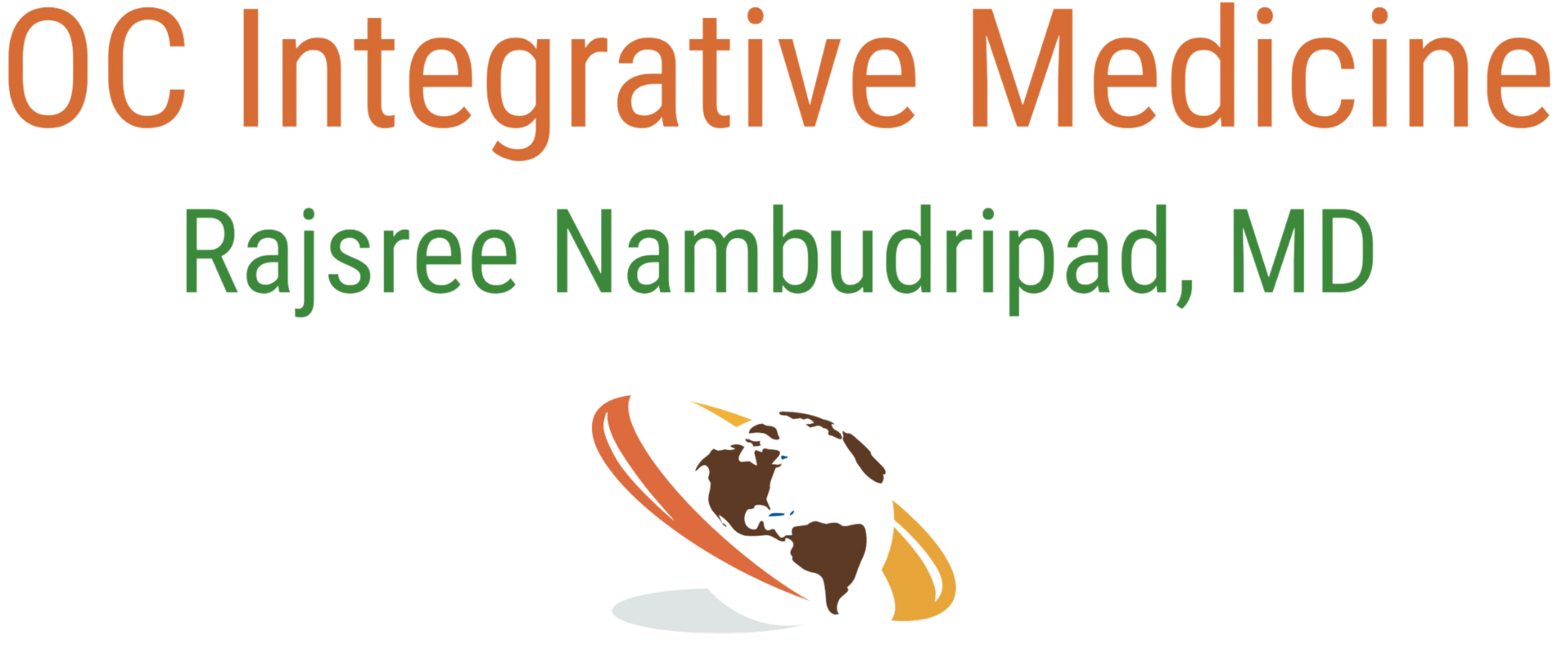
Hi Friends,
For decades, Tylenol (acetaminophen) has been considered one of the “safest” pain relievers — so safe it’s been the go-to for pregnant women. But mounting research suggests this “safe” label may not tell the full story.
Why Tylenol Is Different
Unlike aspirin or ibuprofen, Tylenol isn’t a true anti-inflammatory. It mainly reduces pain and fever, and because it’s gentler on the stomach, many doctors (myself included) have seen it as the ‘gut-safe’ choice.
Yet ‘gut-safe’ is not the same as risk-free.
• Tylenol is the leading cause of acute liver failure in the U.S.
• Overdose can happen more easily than people realize — especially when alcohol is involved or when Tylenol is hidden in cold and sinus medications.
How the Liver Handles Tylenol
The liver metabolizes almost all of it (see diagram above):
• 90%: Processed safely through glucuronidation and sulfation
• 2%: Eliminated through the kidneys (urine)
• 5–10%: Processed by the enzyme CYP2E1 → creates a toxic byproduct called NAPQI (N-acetyl-p-benzoquinone imine).
Normally, Glutathione — your body’s master antioxidant — attaches to NAPQI and neutralizes it before it can do harm.
But when Tylenol doses are high, or when glutathione reserves are depleted (from alcohol, poor diet, pregnancy, or chronic illness), the liver’s defense system collapses. NAPQI builds up, causing oxidative stress, mitochondrial damage, and liver cell death.
This is exactly why the hospital treatment for Tylenol overdose is intravenous NAC (N-acetylcysteine) — the precursor to Glutathione.
The Pregnancy Question
Here’s where it gets concerning:
• Tylenol crosses the placenta.
• High or frequent use may deplete glutathione in both mother and baby.
• This leaves the developing brain vulnerable to oxidative stress and mitochondrial injury.
And oxidative stress has long been linked with autism and ADHD.
What the Research Shows
• JAMA Psychiatry 2020: Higher acetaminophen metabolites in umbilical cord blood → increased risk of autism and ADHD.
• Harvard/ Mount Sinai 2025: Review of 46 studies found consistent evidence that longer and higher use during pregnancy was linked to increased risk of autism and ADHD.
These studies don’t yet prove causation, but the patterns they reveal are concerning enough to warrant caution.
The Dilemma for Pregnant Women
Because NSAIDs like ibuprofen can endanger the baby’s heart by closing the ductus arteriosus too soon, pregnant women are left with Tylenol as their only ‘safe’ choice — or so it seems.
As both a physician and a mom, here’s my personal take:
When I was pregnant, I did take Tylenol a few times for headaches and a severe cold. If I could go back, I would think twice, use the lowest dose possible - and always pair it with Glutathione.
🌟 Clinical Takeaways for Everyone
This isn’t just about pregnancy. Tylenol is one of the most widely used pain relievers in the world, and the risks of glutathione depletion apply to all of us:
• If you take Tylenol regularly (for headaches, arthritis, chronic pain), your liver’s glutathione stores may be running low.
•If you drink alcohol or have fatty liver, your liver is already under oxidative stress — and Tylenol adds to the burden.
• If you’re exposed to environmental toxins, eat a processed diet, or deal with chronic illness, your glutathione reserves are already being drained.
• Even “hidden Tylenol” in cold, sinus, and prescription pain medications can quietly add up over time.
👉The key takeaway: it all comes back to Glutathione. Strong levels protect you, depleted levels leave you vulnerable.
That’s why I recommend supporting your glutathione every day — not just when you’re sick or pregnant. Think of it as an insurance policy for your liver, your brain, and your long-term health.
Top Glutathione-Rich Foods:
 Here’s a quick video I filmed last year comparing ibuprofen and acetaminophen. The pros and cons I share are just as relevant today!
Here’s a quick video I filmed last year comparing ibuprofen and acetaminophen. The pros and cons I share are just as relevant today!

Cabbage & Kale Soup
This warm, nourishing chicken soup isn’t just comforting — it’s glutathione in a bowl.
The star ingredients? Kale and Cabbage.
Both are cruciferous vegetables packed with sulfur compounds (like sulforaphane and indole-3-carbinol) that directly stimulate your body’s detoxification pathways and boost glutathione production in the liver.
Ingredients
1 lb ground organic chicken
2–3 cartons organic chicken or vegetable broth (32 oz each)
1 large yellow onion, diced
3 carrots, peeled & chopped
½ medium cabbage, chopped
5 large kale leaves, deveined & chopped
Olive oil
½ tsp curry powder
½ tsp cumin
½ tsp chili powder
Instructions
In a large soup pot, sauté onion in olive oil on medium heat.
Add carrots and cook a few minutes.
Add ground chicken with 1 tsp salt, ½ tsp black pepper, curry, cumin, and chili powder. Add a drizzle of olive oil to moisten.
When chicken is fully cooked, add broth, chopped cabbage, and kale.
Add another ½ tsp salt and ½ tsp pepper.
Cover and bring to a boil, then reduce heat and simmer 5 minutes.
Optional: finish with a squeeze of fresh lime juice for brightness.
Enjoy a bowl knowing you’re fueling your body with glutathione-boosting superfoods that help keep your liver, brain, and immune system resilient.
Thank you for reading this week’s newsletter. If you found it helpful, please share it with someone you care about — together we can spread awareness about Tylenol’s risks and the power of Glutathione.
Warm regards,

Rajsree Nambudripad, MD


